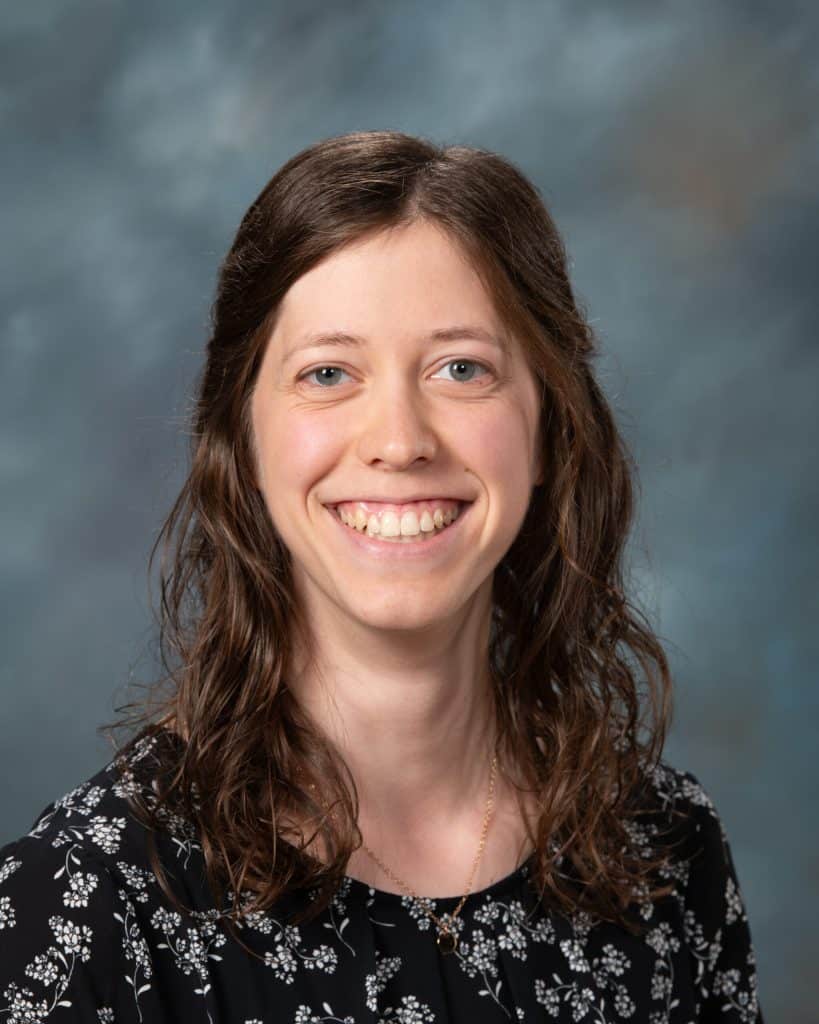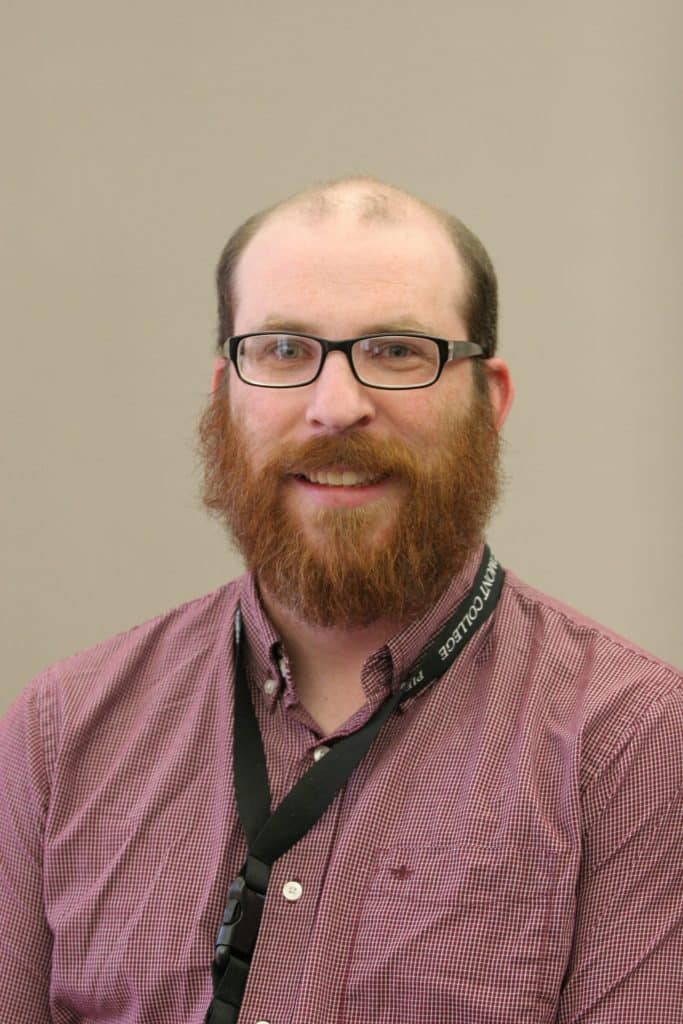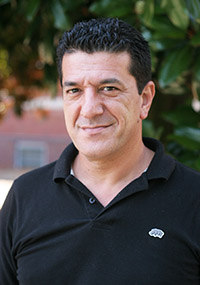Mathematics
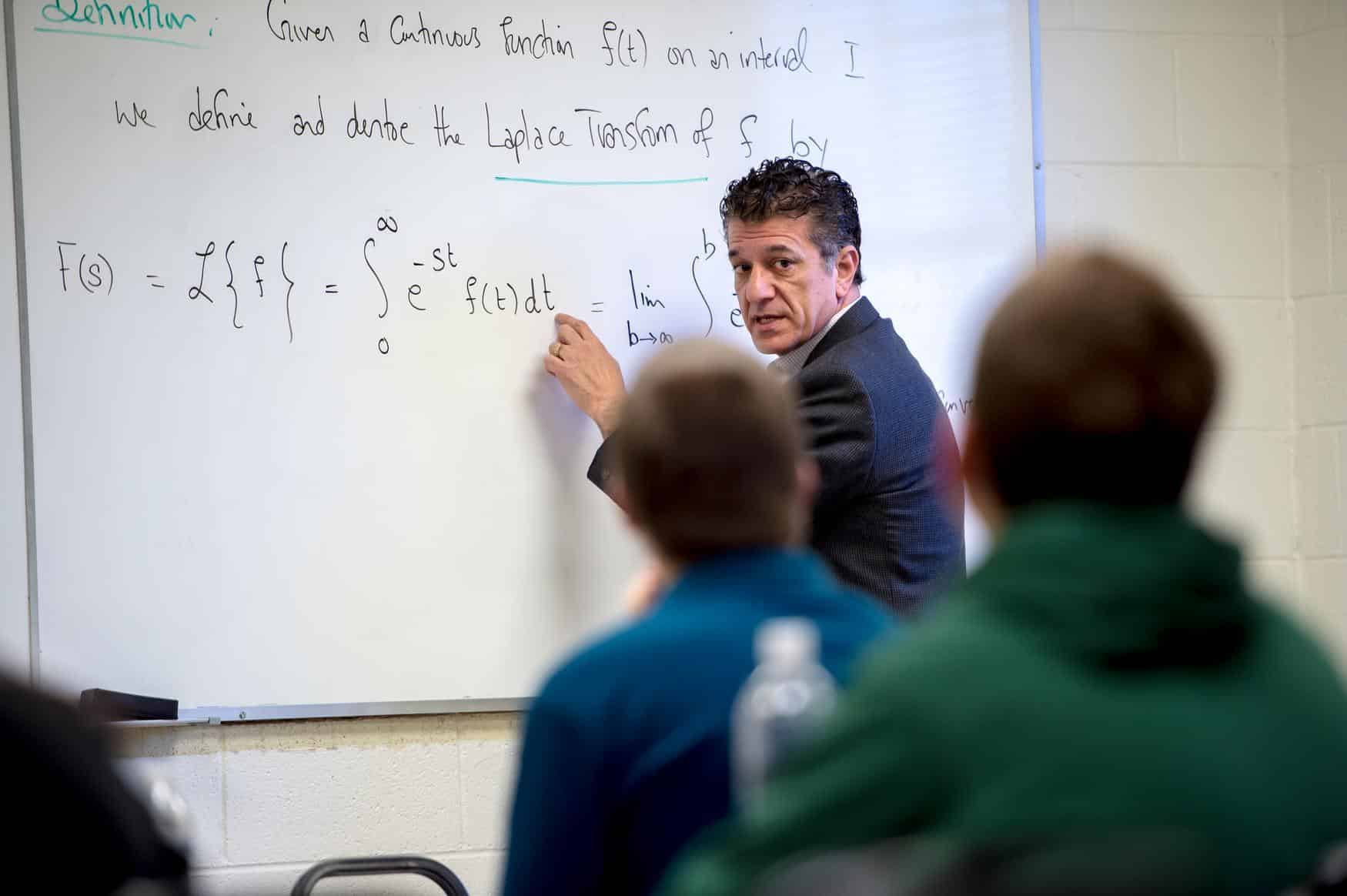

Why Pursue Mathematics?
Are you a problem solver? Do you feel the need to understand what makes things work, find new solutions, and then show others a better way? If so, mathematics may be your calling. Math is not just about crunching numbers; it is a quest to understand and communicate. At Piedmont University, we will feed your hunger for knowledge, teach you how to use reasoning to test truths, and teach you the language that mathematics uses to speak.
There are always opportunities in the workforce for skilled mathematicians – especially in the digital age. Whether it’s through computer programming, actuarial science, logic, teaching, or beyond, those skilled at math will have ample opportunity for employment and advancement. At Piedmont, students study mathematics by classifying, explaining and describing patterns in all their manifestations. That pursuit and understanding opens a whole world of knowledge and opportunity.
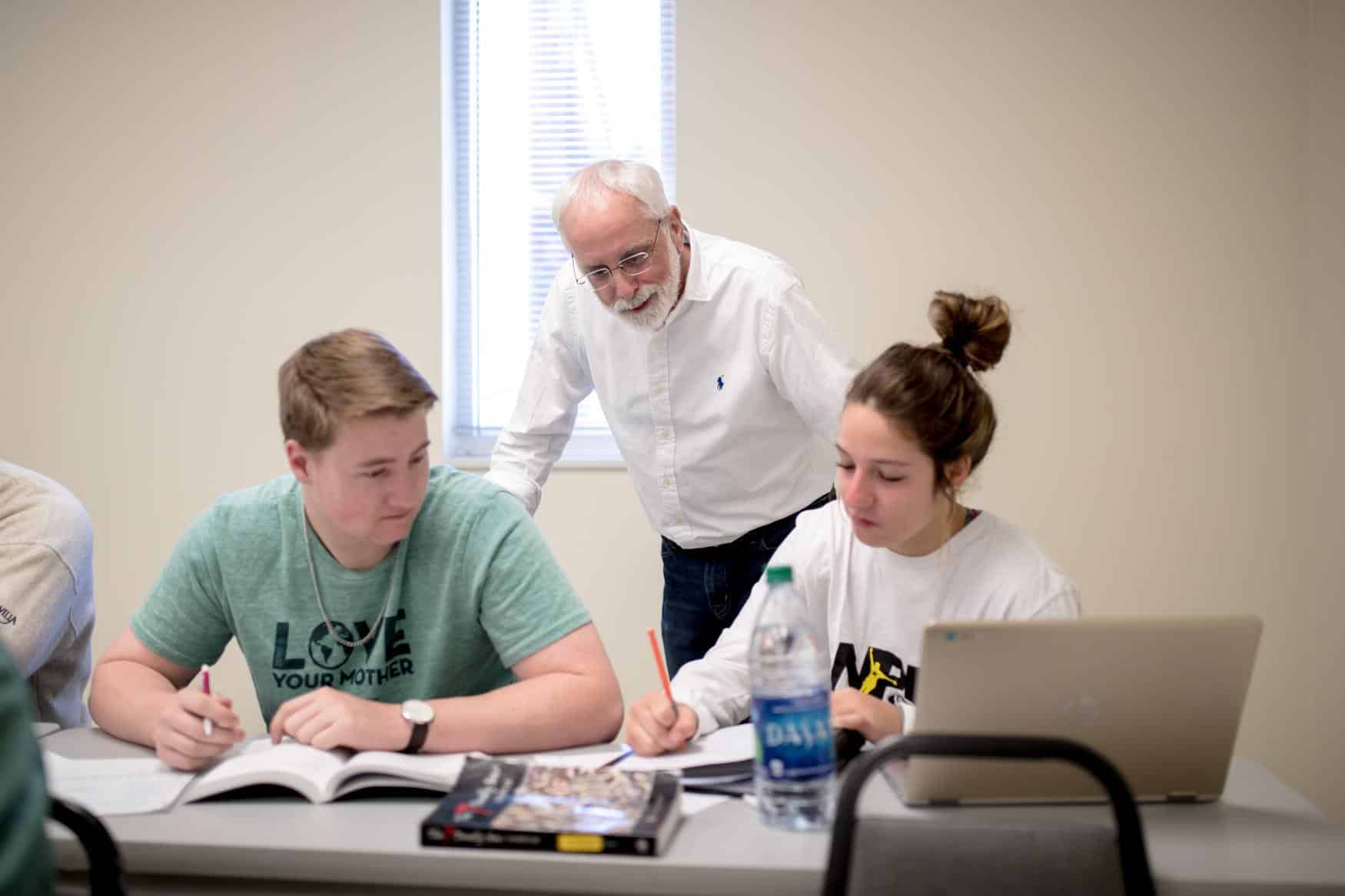


How a Piedmont Mathematics Degree Helps You
- Gain a deeper understanding of what makes our world work – at the most fundamental levels.
- Learn how to solve the mathematical representations of real-world problems.
- Choose an approach to math that suits your personality and post graduation goals.
- Lay the groundwork for a continuing education that will last a lifetime.
Career Opportunities
A Mathematics degree from Piedmont opens doors and a wide range of professional pursuits. For instance, our graduates have gone on to build successful careers in:
A degree in Mathematics builds strong skills in problem-solving, data analysis, and logical reasoning—key for a career in Research & Development. This foundation enables professionals to design experiments, interpret complex data, and develop innovative solutions across a wide range of industries.
A degree in Mathematics provides expertise in data analysis, pattern recognition, and quantitative reasoning—essential for a career in Data Processing. This foundation helps professionals organize, interpret, and manage large datasets to support informed decision-making and efficient operations.
Mathematics provides the analytical skills, precision, and statistical knowledge essential for a career in Quality Control. This foundation supports the development of testing processes, ensures product consistency, and helps maintain industry standards through careful data evaluation.
Mathematics offers strong analytical skills, statistical methods, and problem-solving techniques—crucial for a career in Data Collection. This foundation enables professionals to design data-gathering processes, ensure accuracy, and analyze trends to support informed decision-making.
A degree in Mathematics offers strong analytical skills, statistical expertise, and critical thinking, all essential for success in Information Analysis. This foundation prepares professionals to evaluate complex data sets, identify meaningful patterns, and provide insights that drive strategic decisions.
A degree in Mathematics builds strong skills in logic, problem-solving, and algorithmic thinking, all essential for success in Computer Programming. This foundation prepares professionals to design efficient code, develop complex software solutions, and tackle computational challenges across a range of industries.
A degree in Mathematics provides expertise in financial analysis, risk assessment, and critical thinking, all essential for success as a Banking Branch Manager. This foundation supports effective decision-making, customer service, and the management of daily financial operations.
A degree in Mathematics builds strong skills in risk analysis, statistical modeling, and problem-solving, all essential for a successful career in Insurance. This foundation helps professionals assess probabilities, set premiums, and develop strategies to manage financial risk.
More About Mathematics
Learn more about Mathematics and the variety of options available to you as a Piedmont student.
Mathematics majors will complete 120 hours of coursework to earn their Bachelor of Science, including courses in mathematics beyond the introductory level. Students begin with foundational courses in calculus, linear algebra, and discrete mathematics, and then progress to core areas such as abstract algebra, real analysis, and probability. Electives provide opportunities to study additional areas such as geometry, number theory, and statistics. All mathematics majors complete a capstone experience in the form of a research project, which allows students to investigate a topic in depth and present their work to faculty and peers. In addition to mathematics coursework, students complete general education requirements that emphasize writing, critical thinking, and breadth across the humanities, social sciences, and natural sciences.
Mathematics has a language and jargon all its own – and that language connects every living thing on this planet. At Piedmont, we will teach you how to understand and speak the language of math through four determined goals for every graduate:
- Students will be able to identify and use appropriate mathematical proof techniques.
- Students will be able to select the appropriate solution method for problems in various areas of mathematics.
- Students will be able to communicate mathematical information.
- Students will demonstrate competence in using software platforms such as Python and R to solve problems and apply this knowledge to performing computer assisted experiments and explorations.
Mathematics is a method of reasoning used to test truths. Some scholars define mathematics as observation, experiment, discovery, and conjecture. Mathematics is described as a science of order or a science of patterns and relationships. As a science of patterns, mathematics is a mode of inquiry that reveals fundamental truths about the order of our world. Mathematics is the language in which nature speaks. Piedmont students study mathematics by classifying, explaining and describing patterns in all their manifestations.
Students majoring or minoring in mathematics can develop capabilities to communicate and understand the natural phenomena related to their physical or social environments, ability to interpret everyday life problems through mathematical or logical representations, knowledge of how to solve the mathematical representations of real-world problems, ability to draw inferences by reasoning and to check the results of their mathematical representations for accuracy and validity.
At Piedmont, you will learn math skills and comfort with technology – but you will gain an appreciation for the world around us through our liberal arts approach to education. The result is that you will gain critical thinking skills and understand why your application of math is crucial to society. We will sharpen your mind beyond your calculation skills and show you how math fits into the bigger picture. The result will allow you to find a role in society and apply mathematics in a way that training only in math would not promote.
Related Programs
Intrigued by Mathematics? You might also be interested in one of these programs:



Where do I start?
To begin your journey toward becoming a Mathematics student at Piedmont University, you can start by applying today! Or, schedule a campus visit and meet with admissions and financial aid advisors, as well as faculty members in mathematics.


